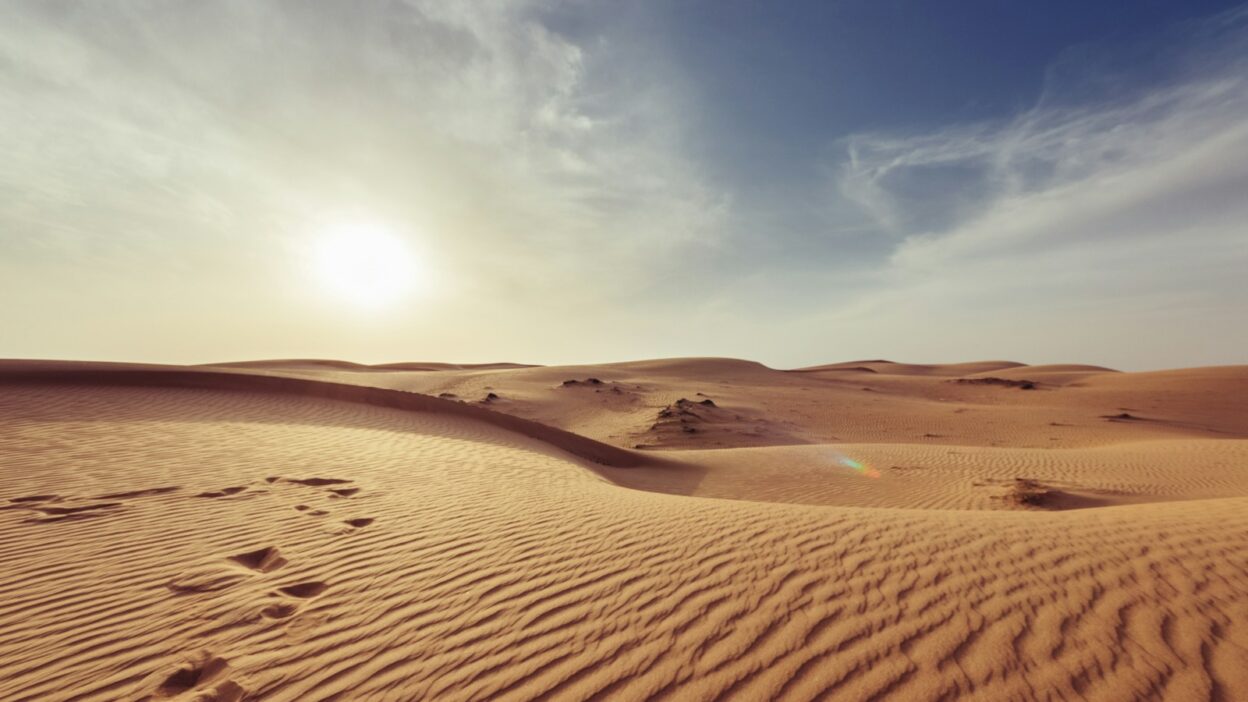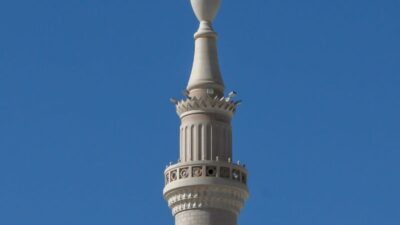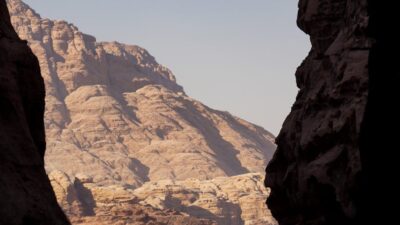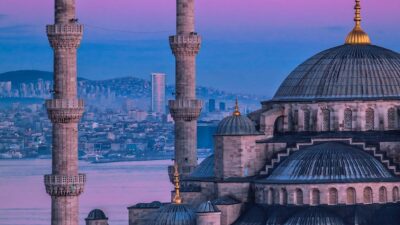Introduction
In the previous article we described the moments prior to the Prophet Muhammad’s death (salalahu alaihi wa sallam). In this article we look at the Companions reaction to the Prophet Muhammad’s death. Ibn Rajab said, “When the Messenger of Allah died, the Muslims became shocked, bewildered, and confused. Some of them were stunned and became perplexed. Others sat down and were not even able to stand. Others lost their ability to speak; and yet others were in complete denial, refusing to believe that the Prophet had really died. Amongst this last group was “Umar ibn Al-Khattaab.
The greatest calamity
Imam Al-Qurtubee said, “One of the greatest afflictions a person can suffer is an affliction in matters that pertain to religion. The Messenger of Allah said, ‘When one of you is afflicted by a calamity, then let him remember how he was afflicted with my death, for indeed, that is the greatest of all calamities. Until the Day of Resurrection, no Muslim can be afflicted with a calamity greater than that of the Prophet Muhammad’s death: revelation ceased to descend to earth, and Prophethood became a thing of the past. After the Prophet Muhammad’s death, the first appearance of evil was the apostasy of many Arabs.
Umar denied the Prophet Muhammad’s death
Perhaps no one was in more denial than was ‘Umar ibn Al-Khattaab. He began to threaten anyone who claimed that the Prophet had died. He said, “He has not died, but rather he has gone to his Lord, just as Moosa ibn ‘Imraan went, remaining absent from his people for forty nights, after which he returned to them. By Allah, the Messenger of Allah will indeed return (to us), just as Moosa returned (to his people), and he will cut off the hands and legs of those men who claimed that he had died.”
When Abu Bakr heard about the news of the Prophet Muhammad’s death, he mounted his horse and rode from his house to the Masjid. And without saying a single word to anyone, he dismounted and entered ‘A’ishah’s house. He then went directly to where the Messenger of Allah sallallahu ‘alayhi wa sallam was. The Prophet was covered with a Yemeni mantle. He uncovered his face and tended down, kissed him and cried. Then he said: “I sacrifice my father and mother for your sake. Allah, verily, will not cause you to die twice. You have just experienced the death that Allah had ordained.” When Abu Bakr said, “Allah will not combine two deaths upon you,” he was refuting ‘Umar who was claiming that the Prophet would come back to life. Abu Bakr knew that, even if that was the case, the Prophet it would still have to die again, which meant that he would have to die a total of two deaths; and Abu Bakr understood that the Prophet enjoyed too high of a ranking with Allah for that to happen to him.
Abu Bakr’s strength of character
Abu Bakr went out and found ‘Umar talking to people. He said: “Umar, be seated.” Abu Bakr then said: “And now, he who worships Muhammad sallallaahu ‘alayhi wa sallam, Muhammad is dead now. But he who worships Allah, He is Ever Living and He never dies. Allah says: ‘Muhammad is no more than a Messenger, and indeed (many) Messengers have passed away before him. If he dies or is killed, will you then turn back on your heels (as disbelievers)? And he who turns back on his heels, not the least harm will he do to Allah, and Allah will give reward to those who are grateful.’ ” [Quran: 3:44]
Ibn ‘Abbas said: “By Allah it sounded as if people had never heard such a Qur’anic verse till Abu Bakr recited it as a reminder. So people started reciting it till there was no man who did not recite it”. ‘Umar had said: “By Allah as soon as I heard Abu Bakr say it, I fell down to the ground. I felt as if my legs had been unable to carry me, so I collapsed when I heard him say it. Only then did I realize that Muhammad sallallahu ‘alayhi wa sallam had really died.” [Bukhari].
Imam Al-Qurtubee statement
Imam Al-Qurtubee said, “This verse (as well as this incident) is the strongest proof of Abu Bakr’s bravery, as bravery is defined as having a firm and steadfast heart during times of hardships and calamities. And there was no calamity that was greater than the death of the Prophet. The people said: ‘The Messenger of Allah has not died’ and among them was ‘Umar, ‘Uthman lost the ability to speak, and ‘Ali went into seclusion. Utter chaos was on the verge of breaking out, but Abu Bakr brought calm to the situation with this verse.” ‘A’ishah said, “By Allah, it was as if people didn’t know that Allah revealed this verse until Abu Bakr recited it.”
The Prophet is no longer alive
If the Prophet was alive as some people claim, surely at least one Companion would have contradicted Abu Bakr when he said: “Muhammad (salalahu alaihi wa sallam) is dead now!” They could have said that the Prophet is still alive, quoting the verse: “And say not of those who are killed in the Way of Allaah, “they are dead.” Nay they are living, but you perceive it not”. But the Companions understood that the Prophet was a human being, a mortal, and that he is no longer alive.
The burial of the Prophet
Following the death of the Prophet, his Companions differed over where he should be buried. Some of them said to bury him in Baqee‘ Cemetery. Others said to bury him in the place for funerals, and still others said to bury him where his Companions were buried. Abu Bakr said; “Keep quiet, for voices should not be raised in the presence of the Prophet, alive or dead.” ‘Ali said: “Abu Bakr has something to say, which he was entrusted with.” Abu Bakr said; “The Messenger told me that there is no prophet who dies, but he is buried where he died.”” (Musnad Aḥmad). So Abu Talhah lifted the bed on which he died, dug underneath and cut the ground to make his grave.
People entered the room in small groups. They prayed for the Prophet sallallahu ‘alayhi wa sallam. The first to pray for him were people of his clan. Then the Muhajirun, then the Ansar. Women prayed for him after men. The young were the last to pray.
A’ishah said: “We did not know that the Prophet sallallahu ‘alayhi wa sallam was being buried till we heard the sound of tools digging the ground at the depth of Wednesday night.” [Ibn Hisham, 2/649-665]
Why the burial was delayed
The Shia make much of the delay of his burial. This delay occurred for many reasons, including:
- There was no one to lead the funeral prayer after the Prophet Muhammad’s death. Therefore people entered his room in small groups to perform the funeral prayer.
- The Companions had different opinions before reaching a point of consensus concerning many matters, for instance:
- the manner in which the Prophet should be washed,
- the place he should be buried in
- and the leadership of the Ummah after his death.
- The Prophet Muhammad’s death was a catastrophic event for the Muslims; they did not immediately recover their senses. The Prophet was the most beloved person to them, and this made it nearly impossible for them to bury him.
Hence there was nothing untoward regarding the delay in his (salalau alaihi wa sallam’s) burial.





